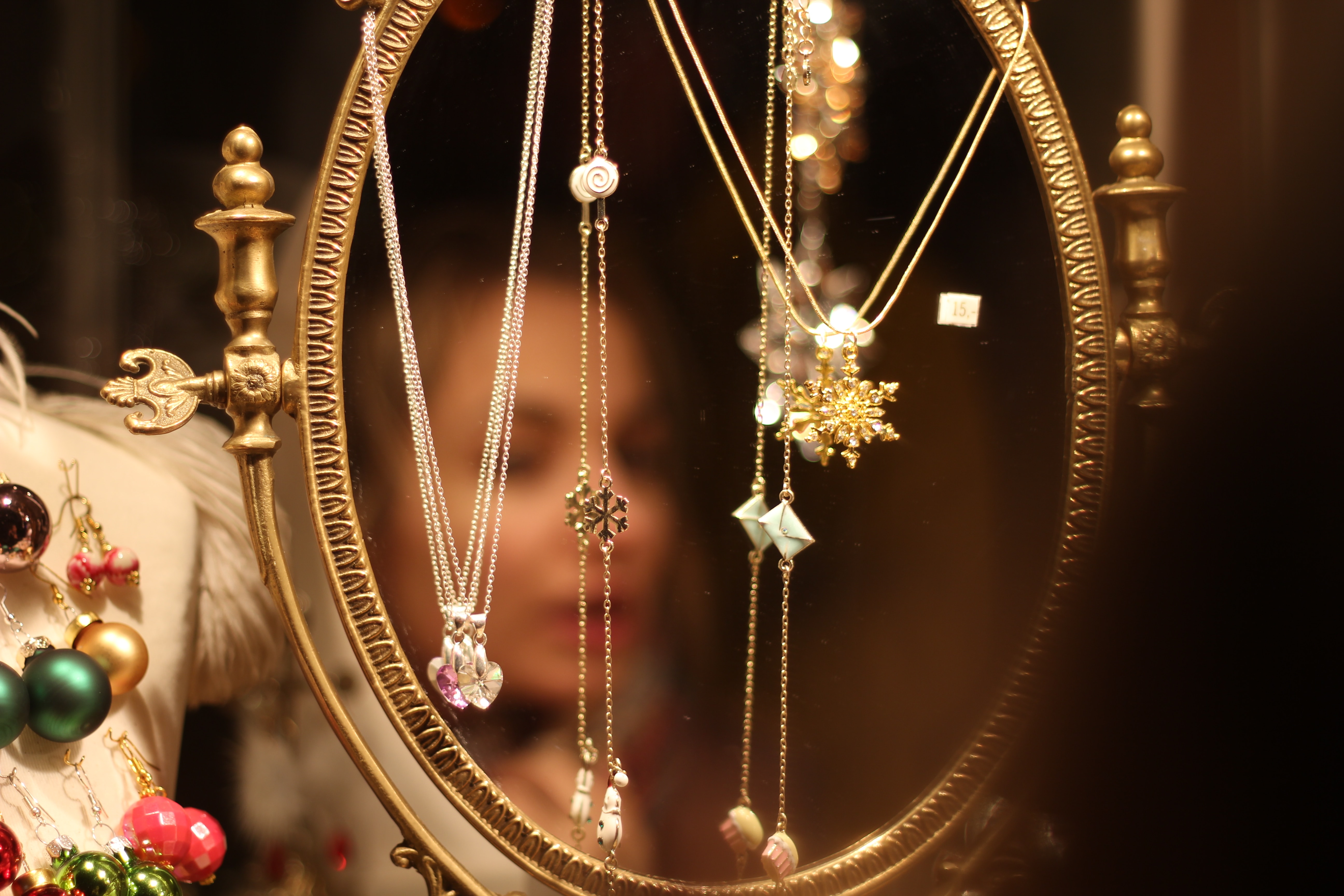Are your sales and communication tactics suited to the modern luxury market?
This is a competitive, highly demanding sector where consumers place lofty expectations on their chosen brands. It’s also an area that has witnessed a lot of change in recent years, meaning companies that are slow to evolve are at risk of being left behind.
Deloitte’s Global Powers of Luxury Goods 2018 report noted that economic trends, digital transformation and changing consumer preferences are “creating a new competitive landscape where traditional corporate strategies are under threat.”
One aspect of the customer experience that is particularly important in the luxury industry is the ‘selling ceremony’, with recent research underlining the need for businesses to ensure their sales processes are fit for purpose in the current environment.
Time to ‘re-examine and refresh’?
A recent report from Cegid, a provider of retail point-of-sale software and talent management solutions, noted that many luxury brands have become reliant on long-established selling ceremonies. The firm said the time has come to “re-examine and refresh these processes to ensure they reflect a more personalised approach to the customer journey and provide exceptional experiences to worldwide shoppers.”
If you operate internationally, one of the challenges you are likely to face is achieving consistency and maintaining the same standards of customer experience all around the world.
Nathalie Echinard, retail business unit director at Cegid, said: “Whether you’re in a mall or a big city or travel retail [outlet], you should be able to get the same experience.”
This was echoed by Nick Owen, head of IT at designer swimwear brand Orlebar Brown, who said: “Our shoppers are truly global travelers, so we want to make sure we make the shopping journey as seamless as possible, delivering consistent customer experience.”
Achieving this consistency while meeting modern consumer demands for personalisation – which is particularly high in the luxury sector – is a big challenge. Technologies such as real-time data analytics have a vital part to play in helping businesses deliver consistent experiences.
If you have the ability to access key pieces of personal information, such as previous purchases and product preferences, you’re in a stronger position to deliver bespoke, relevant selling ceremonies to customers around the world.
It is also highly beneficial to have an in-depth understanding of local market nuances such as search trends and competitor activity, which is why market research and testing are so valuable.
The changing face of the luxury consumer
One of the most important prerequisites for success in retail and ecommerce is knowing your audience, which requires an understanding that customer demographics and customer profiles are constantly evolving.
As far as the luxury market is concerned, one of the most significant trends is the accelerating globalisation of the industry. The 2018 True-Luxury Global Consumer Insight study from Boston Consulting Group and Altagamma revealed that Chinese consumers are currently driving growth in the sector and will account for 40 per cent of the total luxury market by 2024.
Younger audiences are also growing in importance, with 85 per cent of luxury growth in 2017 reportedly driven by millennials and the even younger generation Z (also known as Gen Z, which comprises anyone born since 1996).
In an increasingly diverse, multicultural and international market, it’s vital your business is equipped with the right strategies and expertise not only to identify and understand your target audience, but to engage with them in a way that delivers results.
Informed, effective communication
Having a clear, up-to-date picture of your audience is crucial, since it provides the foundation for your communication and engagement strategies.
This is another aspect of the luxury segment that is currently undergoing significant change. Deloitte notes that millennials and Gen Z – who will represent more than 40 per cent of the luxury goods market by 2025 – differ from older generations in their expectation to interact with brands across various digital platforms.
As a result, you need to be ready and able to make the most of social media channels, which are taking on a more central role in the luxury sector with each passing year.
“Luxury brands previously viewed social media as ‘mass market’, but today it has become an increasingly important marketing tool for them,” according to the Global Powers of Luxury Goods 2018 report.
Whatever marketing channels, regions, countries or customer demographics you choose to focus on, the importance of communicating with your audience in a relevant, engaging and powerful way remains the same.
In the increasingly global and diverse luxury goods market, that means being able to create content that is properly translated, localised and promoted to have maximum impact.
Find out more
To find out more about how Locaria can help you achieve your ambitions in this demanding industry, call us on +44 (0)20 3948 6800, or take a look at our services.



